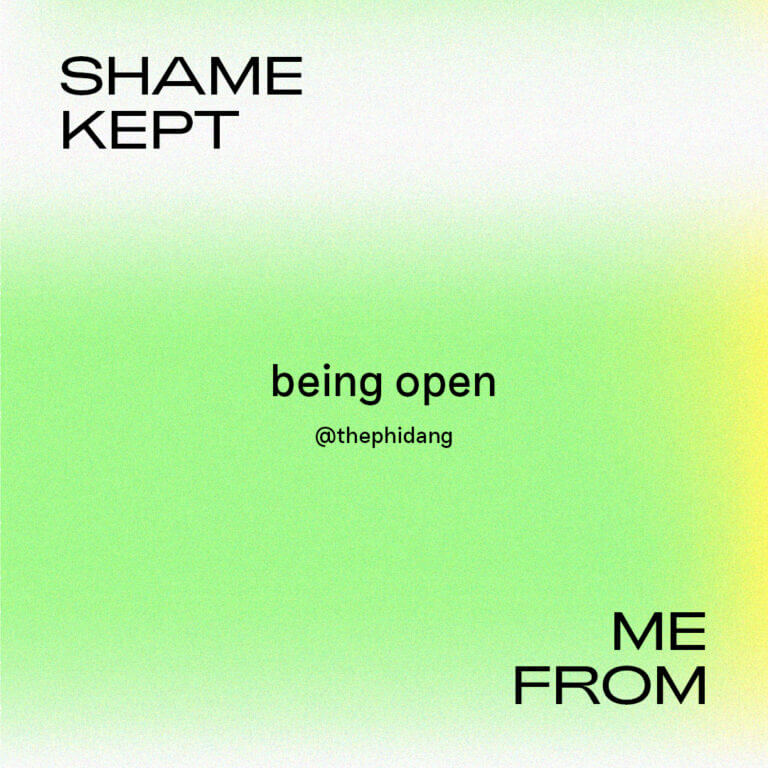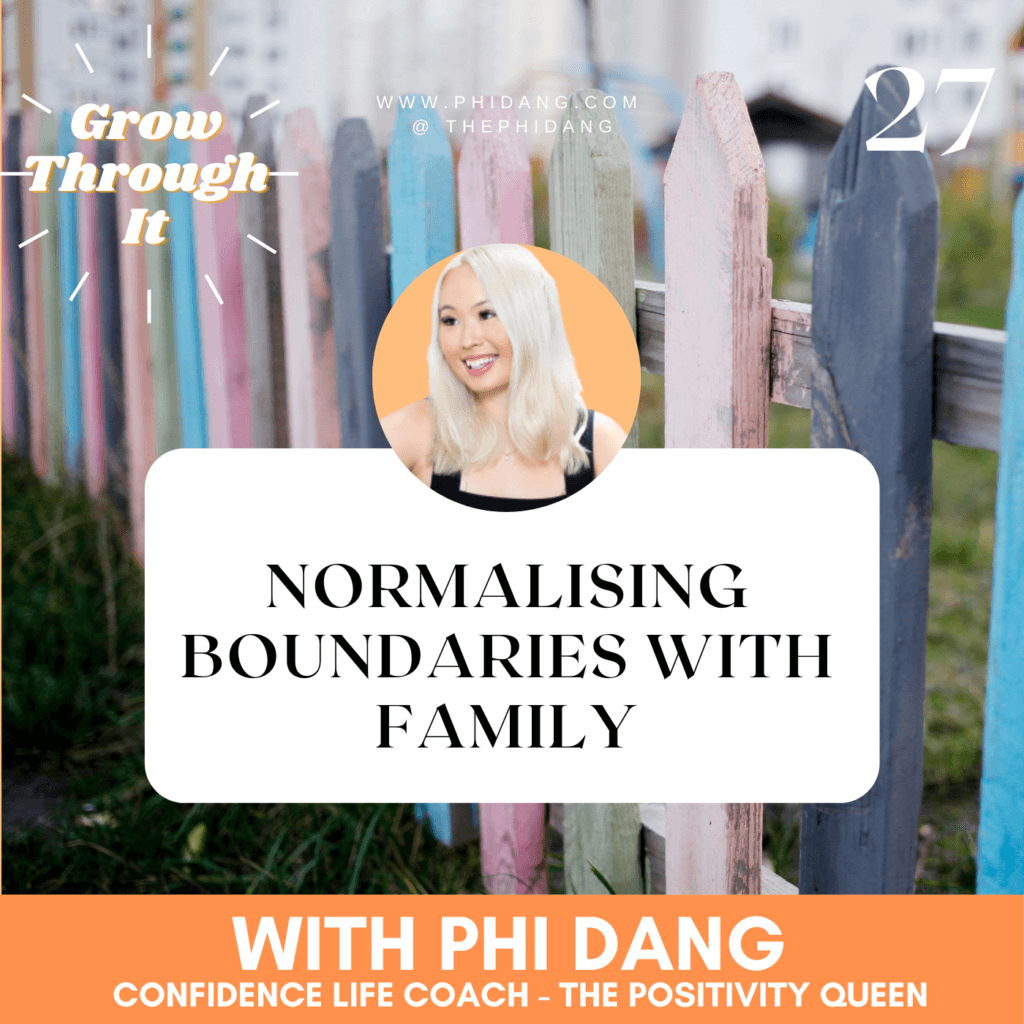Finding light through the darkness
Your journey through darkness...
People may be jealous of your light, but they won’t be jealous of the the journey through darkness you had to take to shine.
Let your light shine
Let your light shine so bright that others can see and find their way out of darkness ✨
I still remember when I first was told the below quote by Marianne Williamson it sent tingles up my spine…
“Our deepest fear is not that we are inadequate, our deepest fear is that we are powerful beyond measure. It is our light, not our darkness that most frightens us. We ask ourselves, who am I to be brilliant, gorgeous, talented, fabulous…actually…who you are you not to be?”
It made me realise whilst I was afraid of failure, in a subconscious conditioned way I was scared of success.
What people would think of me?
Who I would become shedding my old scared self in the process?
Know that all your triumphs and successes are yours.
Know that you were born on this earth and discover your purpose – to be the best version of you which allows your highest self to shine.
Remember this, happy people never tarnish or diminish your light and if someone is jealous of your light you know you’re clearly up to good because no one is jealous of pain, misery and suffering.
Imagine if you got out of your own way today to be your true, free, liberated self.
What would you achieve?
Who would you become?
Be like the sun 🌞 the sun shines everyday evenly blindingly so and doesn’t give a damn 🌻
You weren’t born to be ordinary.
You weren’t born to be bland.
You weren’t born to fit in.
You weren’t born to shrink yourself.
You weren’t born to be mediocre.
You were born because you are EXTRAORDINARY ⚡️
I hope you dare to shine beautiful soul because the world needs your light more than ever 💫
love & positivity ✨ phi
Ready to shine brighter than ever before? Let’s work together, contact me for 1:1 coaching or to book a human design reading!



